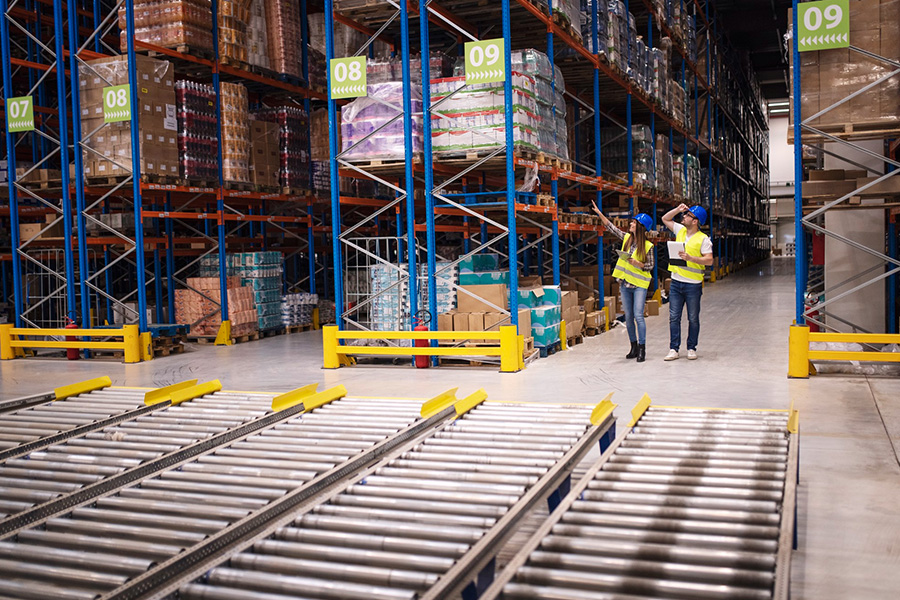
The outcomes of this study offer valuable insights for retailers in the sector, suggesting that they should consider modifying their operational strategies to better align with the adoption and integration of Blockchain technologies in the future.
Authors
Esra Ekinci, Izmir Bakırcay University, Industrial Engineering Department, Izmir, Turkey.
Muruvvet Deniz Sezer, Business Administration Department, Yasar University, Izmir, Turkey.
Sachin Kumar Mangla, Professor, Jindal Global Business School, O.P. Jindal Global University, Sonipat, Haryana, India; Plymouth Business School, University of Plymouth, Plymouth, United Kingdom.
Yigit Kazancoglu, Logistics Management Department, Yasar University, Izmir, Turkey.
Summary
Blockchain technologies have played a crucial role in transforming the retail industry, leading to remarkable advancements in recent times. Its pivotal role in managing risky environments by offering preventive and proactive measures cannot be overstated. The research contribution lies in introducing a set of criteria for assessing the adoption of Blockchain technology, specifically designed to evaluate the resilience of the retail sector. This study aims to ensure the establishment of a sustainable, resilient supply chain across diverse retail categories, particularly in the face of uncertain circumstances.
A hybrid decision-making approach that combines the Best-Worst Method (BWM) and Fuzzy TODIM has been employed to achieve these objectives. This study encompasses various types of retail companies to assess and compare their resilience levels by adopting Blockchain technology. The results of this study robustly suggest that speciality retailers with well-established, long-term partnerships are more predisposed to embrace and leverage the capabilities of Blockchain technologies.
Conversely, discount retailers in Turkey face various challenges that impede their effective integration of Blockchain technologies. These challenges encompass collaborating with suppliers on short-term agreements and the unavailability of product tracking, among other factors. As a result, the outcomes of this study offer valuable insights for retailers in the sector, suggesting that they should consider modifying their operational strategies to better align with the adoption and integration of Blockchain technologies in the future.
Published in: Journal of Cleaner Production
To read the full article, please click here.

